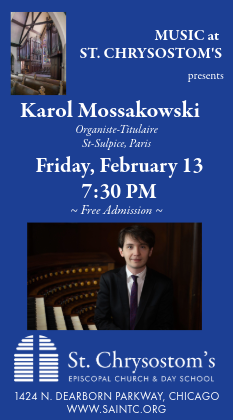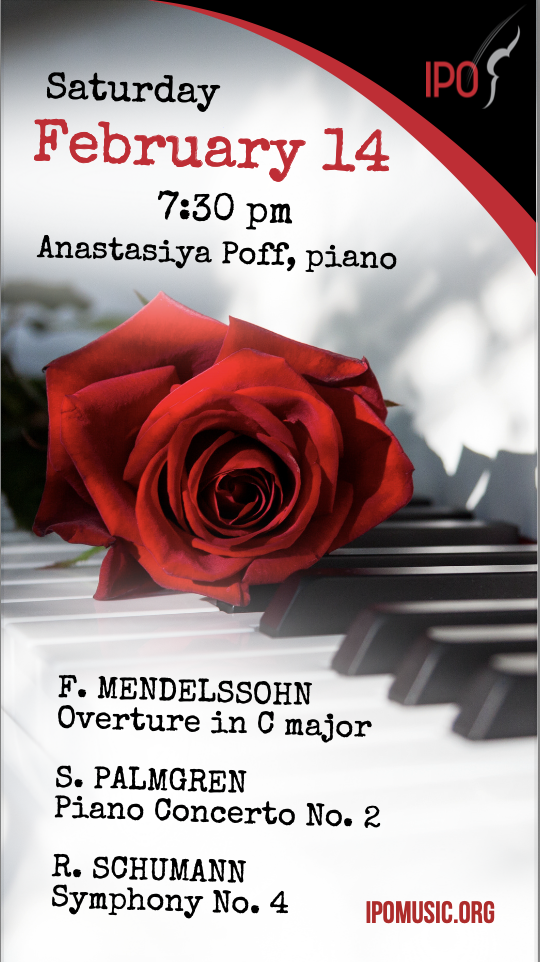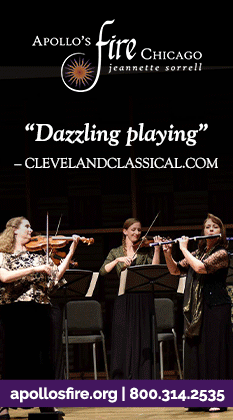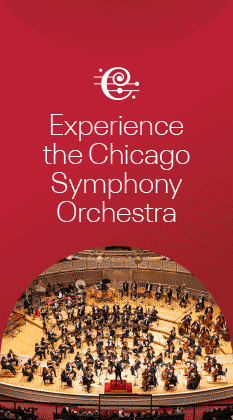Muti leads CSO in dramatic Tchaikovsky, sunny Mahler
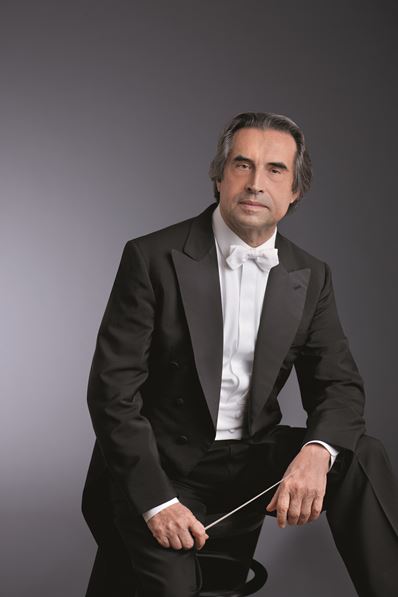
A sense of occasion always wafts through Symphony Center whenever music director Riccardo Muti is on the podium, as he is this week for his second set of spring Chicago Symphony concerts focusing on Shakespeare in music.
But another, largely unheralded presence made Thursday night’s performance especially exciting for CSO patrons with long memories. Alex Klein, the orchestra’s superb principal oboe from 1995 to 2004, was back in his former seat as guest principal, bringing his signature clear, burnished tone to music of Mahler and Tchaikovsky.
Dealing with focal dystonia, a neurological disease that affects his fingers, Klein resigned from the CSO in 2004, trading the rigors of a full-time orchestral principal for a less physically demanding career as guest artist, chamber musician, teacher and conductor. He will serve as CSO guest principal for the next two weeks.
Though scores of Chicago’s arts groups are honoring the 400th anniversary of Shakespeare’s death this year, the project is ideally suited to Muti and the CSO.
Shakespeare has inspired composers over the centuries, so the repertoire choices are wide. Muti is one of the world’s great opera conductors, a man of the theater able to illuminate the most subtle dramatic shading as well as flamboyant scene-painting in any musical score. Shakespeare was an important resource for Verdi and Tchaikovsky, two composers Muti has explored in depth with the CSO. Mahler’s Symphony No. 4 may have no direct connection to Shakespeare, but on Thursday night its sunny atmosphere brought to mind the pastoral delights of plays like A Midsummer Night’s Dream.
Tchaikovsky was a major focus last season at the CSO, and the combination of elegant restraint and deeply felt romanticism that Muti emphasized in those performances permeated both the relatively unfamiliar tone poem The Tempest and the popular Romeo and Juliet overture Thursday night.
Tchaikovsky called The Tempest, composed in 1873 when he was in his early 30s, a “Symphonic fantasia after Shakespeare,” and there is plenty of opportunity for bombast in its evocation of stormy seas and mercurial sprites. But the CSO’s brass eschewed swagger for golden-toned nobility in its anthems. Even during the stormiest passages we heard complex, multi-layered orchestral textures—precise strokes of the timpani, singing winds–rather than a wall of blasting sound.
Romeo and Juliet was both expansive and intimate, and Muti allowed its drama to unfold naturally. There was no hyped-up tension in the sharp, brass-driven confrontations between Montagues and Capulets nor self-indulgent surges in the strings as they portrayed the young couple’s ill-fated romance. Its dramatic pauses were as precisely shaped as its woodwind solos. It was a performance that took us profoundly into the hearts of Shakespeare’s indelible characters.
Mahler’s Symphony No. 4 was full of color. In the final movement, with its rollicking song evoking the delights of a surprisingly earthy heaven, the orchestra sometimes overpowered Italian soprano Rosa Feola. But the audience was caught up in Mahler’s spell, even allowing the final, hushed notes to fade into a long silence before unleashing their cheers and applause.
The CSO repeats the program 8 p.m. Friday and Saturday, 1:30 p.m. April 22 and 3 p.m. April 24. CSO.org.
Posted in Uncategorized

